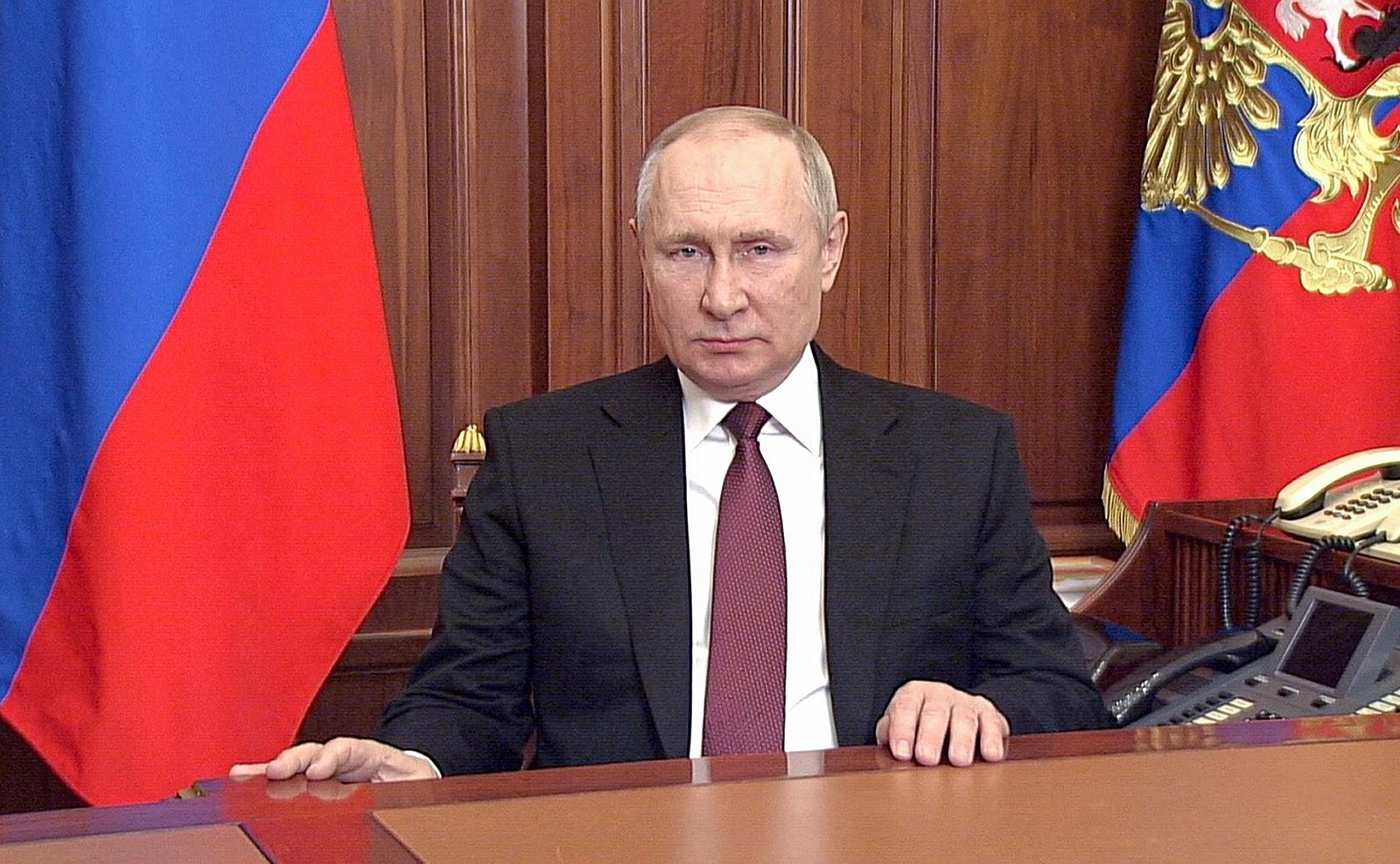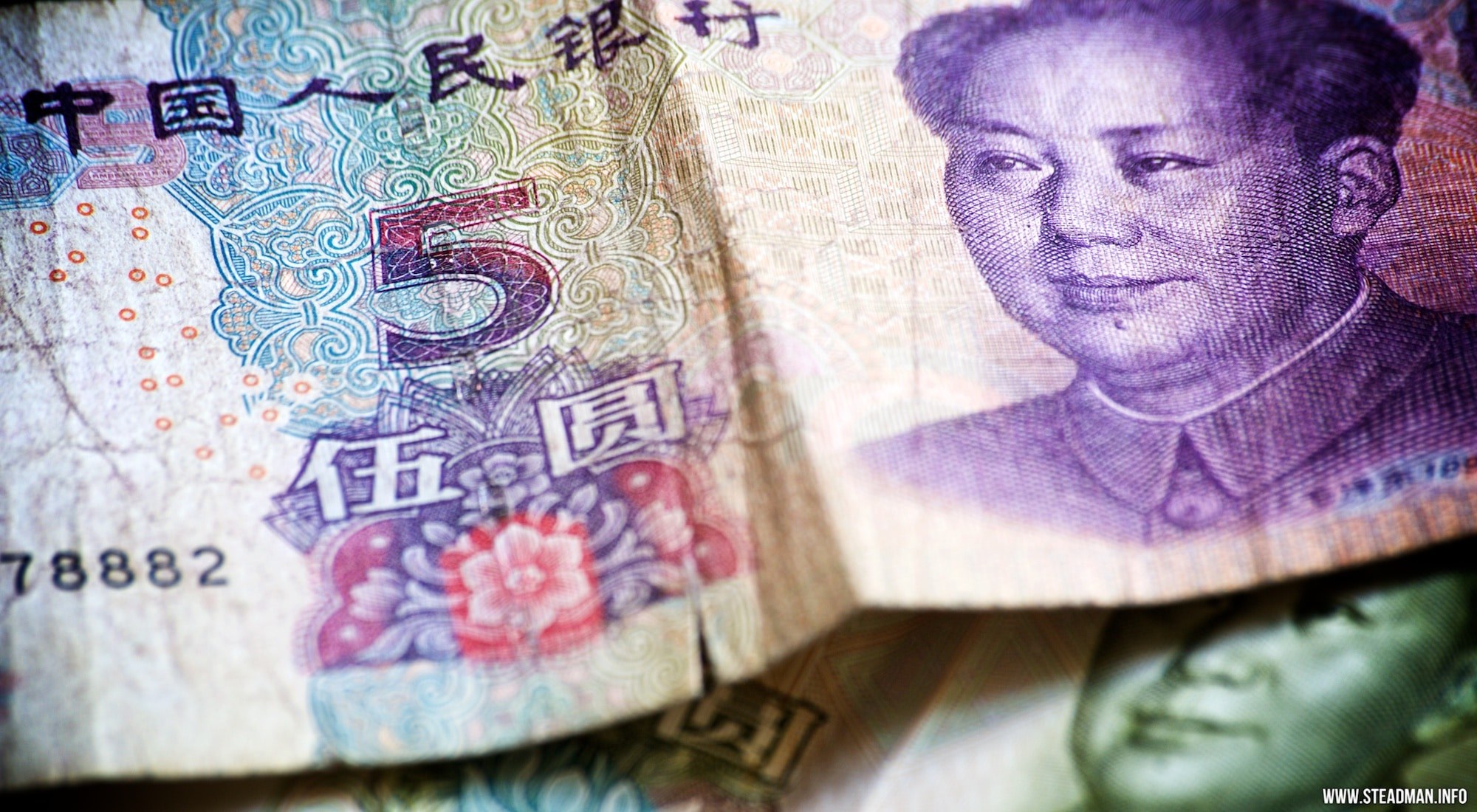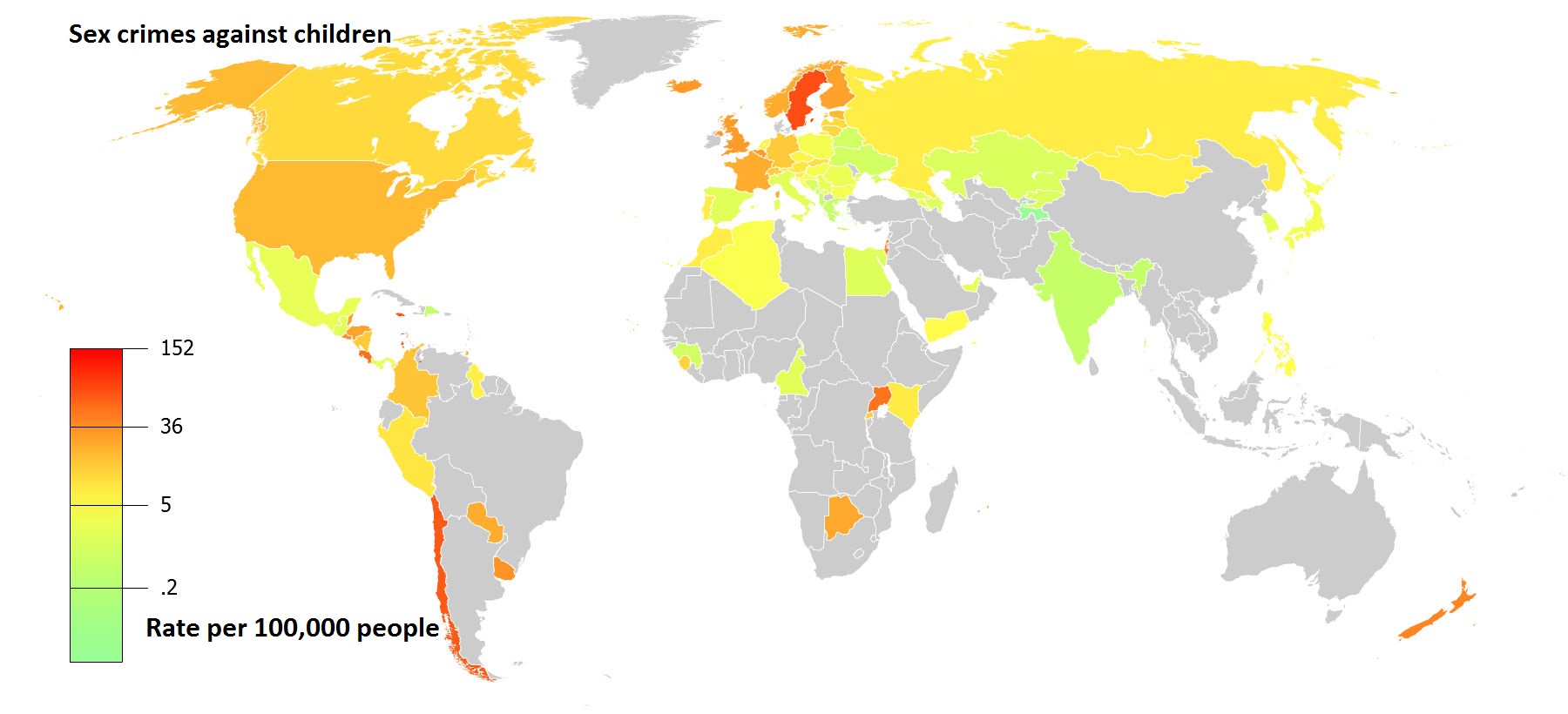Welcome to our roundup of news and current events related to ethics and international affairs! Here’s some of what we’ve been reading this past month:
 Russian President Vladimir Putin addresses the nation in Moscow, Russia, Thursday, Feb. 24, 2022. Photo Credit: Russian Presidential Press Service via Wikimedia Commons
Russian President Vladimir Putin addresses the nation in Moscow, Russia, Thursday, Feb. 24, 2022. Photo Credit: Russian Presidential Press Service via Wikimedia Commons
Aljazeera: How realistic is Vladimir Putin's nuclear threat?
The lack of military progress and level of resistance the Russians have met in Ukraine have led Vladimir Putin to put Russia's deterrent weapons, including its nuclear arms, on high alert. Since this reckless incitement, the world has come to question whether nuclear weapons are a realistic option for Putin. While some argue that this was an effort to frighten adversaries and escalate uncertainty, others contend that it was a strategic error - "an inevitable tactic played too early." For Putin, this might degrade the credibility of future threats. And despite Putin's rhetoric, the threat of nuclear war between Russia and NATO remains low for now, as mutually-assured destruction (MAD) remains the principle state of military affairs.
Read more about nuclear weapons, threats and aggression, and international law in Ethics & International Affairs:
Briefly Noted: Secrets in Global Governance: Disclosure Dilemmas and the Challenge of International Cooperation in World Politics (2021: Volume 35.1)
Lengthening the Shadow of International Law (2020: Volume 34.2)
Threats and Coercive Diplomacy: An Ethical Analysis (2018: Volume 32.2)
 Chinese Currency - 5 Yuan. Photo Credit: David G. Steadman via Flickr
Chinese Currency - 5 Yuan. Photo Credit: David G. Steadman via Flickr
Reuters: Exclusive: Russian firms rush to open Chinese bank accounts
As Russia's businesses struggle with international sanctions following its invasion of Ukraine, there has been a surge of Russian firms wanting to open new accounts with Chinese state banks. A worker at a Moscow branch of a Chinese bank reports that between 200 and 300 companies have expressed desire to open new accounts over the past few days. While Western governments are continuing to shut off Russia's economy from the global financial system, China has consistently voiced opposition to the sanctions and maintains normal economic and trade exchanges with Russia.
Read more about armed conflict, international sanctions, and the rise of China in Ethics & International Affairs:
Territorial Sovereignty: A Philosophical Exploration (2021: Volume 35.1)
China's Global Identity: Considering the Responsibilities of Great Power (2019: Volume 33.3)
Wars of Law: Unintended Consequences in the Regulation of Armed Conflict, by Tanisha Fazal (2019: Volume 33.1)
 Sexual abuse rate of children per 100,000 people, per year, select countries of the world, 2010-2012. Photo Credit: M Tracy Hunter via Wikimedia Commons
Sexual abuse rate of children per 100,000 people, per year, select countries of the world, 2010-2012. Photo Credit: M Tracy Hunter via Wikimedia Commons
The New York Times: Hundred Held After New Zealand-Led Investigation Into Images of Child Abuse
Led by authorities in New Zealand, a two-year investigation that began in 2019 has culminated in the arrests of hundreds of people around the globe on charges of possessing and sharing child sexual abuse material. As a result, 146 children have been rescued and moved out of harm's way. The largest of its kind, Operation H uncovered a secret global network that extensively shared child abuse images. The investigation involved twelve countries and was prompted by an online service provider that reported use of its platform to share horrific images of child abuse.
Read more about children's rights, human rights, and combatting abuse in Ethics & International Affairs:
A Magna Carta for Children? Rethinking Children's Rights (2021: Volume 35.4)
Structural Injustice: Power, Advantage, and Human Rights (2020: Volume 34.3)
Rescuing Human Rights: A Radically Moderate Approach (2020: Volume 34.1
 Climate change concept. Photo Credit: Marco Verch via Flickr
Climate change concept. Photo Credit: Marco Verch via Flickr
BBC: Climate change: IPCC report warns of 'irreversible' impacts of global warming
According to the UN's latest assessment, many impacts of global warming are now "irreversible," with only a brief window of time to avoid the very worst outcome. The Intergovernmental Panel on Climate Change reports that over 40 percent of the world's population is highly vulnerable to climate change. There is hope that keeping the rise in temperature below 1.5 degrees Celsius would reduce projected losses. The report also shows that extreme weather events linked to climate change are hitting humans much harder than previously indicated. In sharp opposition to technological fixes like deflecting the sun's rays or removing carbon dioxide from the air, the report concentrates on "climate resilient development."
Read more about the environment, climate change, and sustainability in Ethics & International Affairs:
Climate Displacement and the Legal Gymnastics of Justice: Is It All Political? (2021: Volume 35.2)
Dwelling in the Age of Climate Change: The Ethics of Adaptation (2020: Volume 34.2)
After Katowice: Three Civil Society Strategies for Ratcheting Up Climate Ambition (January 2019)